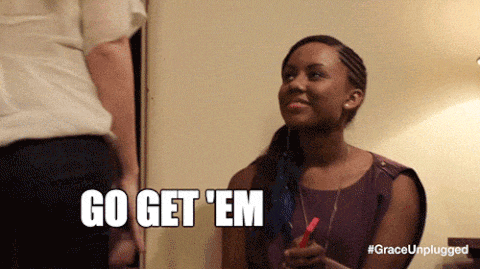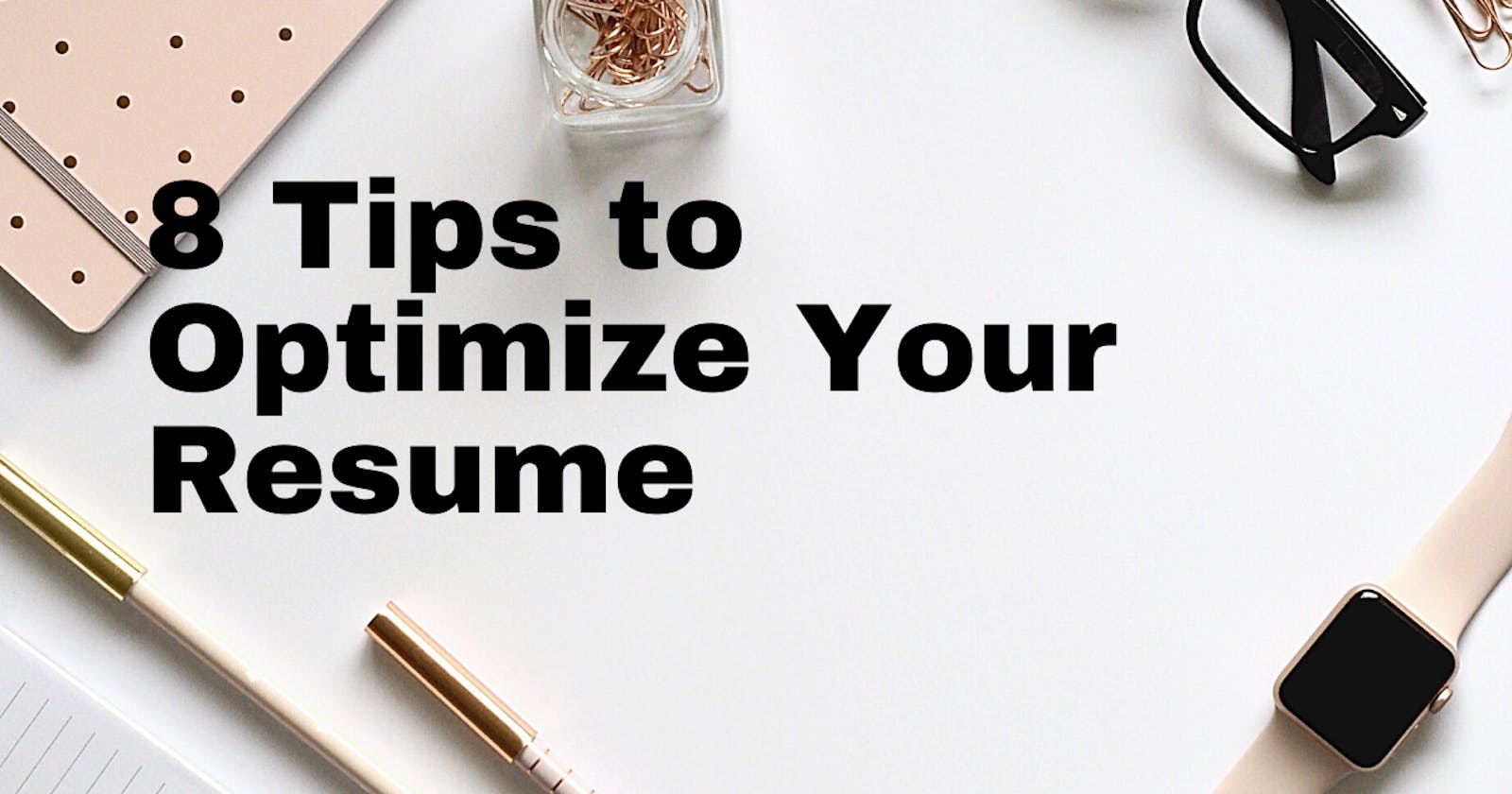This article is text version of my video on YouTube where I explain the same concepts/principles. If you prefer to watch videos, visit the link here: Watch On YouTube
Writing your resume is exactly like asking a girl out on a date, you don’t start out by telling her anything bad about yourself, you totally shine your best qualities to attract her and if she will ever find some red flag, it should be during some time in the future when you already have her and she is comfortable enough to share how the two of you may best navigate that challenge. However, if there will ever be a future, you must first get that date.
Recently, I sourced for candidates on behalf of a company, I only had to go through about 20 resumes but I realized why so many people lose out on many opportunities, and I immediately understood the pain or recruiters. I wanted to get done with it and get going. There was absolutely insufficient time to read through each resume from beginning to end so the only ones I gave so much attention were the ones that caught my attention within the first few seconds.
So what really gets you that first interview?
Keep It Simple: First thing I would mention is that your resume must be concise. It should not tell too many stories but should mention the absolutely important things head on. The recruiter is not interested in reading too many unnecessary stories. Keep it short and simple.
Contact Details: Your resume should clearly carry your name in large and bold fonts, a link to your GitHub account, LinkedIn account, name, email and any other contact details at the top. If you submit the best CV in the world and your contact details aren’t there then you have lost the job already. I reviewed a CV once where the candidate blew my mind with his UI/UX designs only to find out that his contact details were not attached, I therefore could not forward it for processing. Do not expect a recruiter to do the extra job of searching for you, it happens but do your due diligence.
If Twitter helps you achieve something at work, list it, otherwise leave it out. Make it easy for the recruiter to find your name and contact details. Note that you do not need to add your age, gender, nationality and marital status. You may be screened based on those but if the automated filters do not have that information then you may just be regarded as a good fit. However, if you make it to the interview, the interviewer may just find you interesting enough to overlook all of that. Remember, it’s like asking a girl out, show her your good qualities so that you may be able to overlook the ones that are not so good.
What Position Are You Applying For: The position you are applying for should be written clearly on your resume. If your recruiter recruits for many different organizations with different tech roles, they will need to know exactly what role you are applying for, I have been a victim of this situation: I was invited for a senior developer interview while I was actually applying for a junior role at the time.
Work Experience: If you do not have some relevant work experience, don’t worry, we will talk about how you can present yourself soon. If you have some work experience that is related to the work you are about to do, state it. However, if your work experience is not related to software engineering and you are applying for a software engineer role, please don't add it, you may not need to state it as it may not be valuable in this situation.
I once made this mistake, while transitioning from shipping to tech I would proudly add my seafaring experience to my resume, lol, it took me nowhere and I believe it was obnoxious to most recruiters.
Add your relevant experiences in descending order, the most recent first. If the experience is out of date or not relevant, don’t use it.
The importance of your experience is that it shows the impact you had in your previous organization. That you can get things done and do them well. Use the following format to state what you have achieved in that organization:
I did … that improved … by … using …
for example
I built a mobile app that increased user acquisition by 10% using Flutter
The formula is: What I did, the quantifiable impact, how I did it or what I used in doing it.
Education: Mostly I showcase my projects before I add any educational information. This is because as a developer most recruiters are concerned with what you can do first. If they see you doing good work then they may want to look at your education. Alternatively, if you are sure that your educational information will impress the recruiter, then place it on top. I don’t believe in adding GPA, but if you had a good one you can add it and make it comparative. You want the recruiter to understand how good you did. So instead of just stating that you had a GPA of 3.5, you should state that you had a GPA of 3.5 out of 4.
State your school and state any courses you are taking that are related to the job you are applying to. Also state any tasks that you had during the course that may give you an advantage. If you have attended any boot camps, they can pass for your education especially if you completed it, so use it. If you also have gotten any certifications, list them.
Projects: If you don’t have any job experience then you need to build personal projects and add them to your resume. This is very important as it shows your passion and the fact that you can get things done. Your projects do not have to be too detailed but they should try to feature a bit more than the basics. Also, try to research and use some best practices where possible. Principles like the MVC approach and SOLID should be applied where possible; and also push your work to GitHub and Heroku or Netlify or some other free hosting platform. This is because many recruiters are just HR personnel who know nothing about code, if you point them to Github only, you may not turn out to be a good fit no matter how good your code is (Feel me? **wink).
Remember to always show your best work first, the recruiter may not go through everything. Also show work that is relevant and keep a limit on the number of projects, say 5.
If you contributed on an open source project, add it: list the Project name, description, tech stack, your role, the results or improvements the project brings and a link to the GitHub repository and the live project if available.
Stating Your Skills: While stating your skills is a good thing to do, don’t make it overkill and don’t lie. Also, do not measure your skill level in percentages, instead use broad expressions like advanced, intermediate, basic or working knowledge, basic knowledge.
You remember the senior developer interview I told you I was invited for? This was one of the reasons I got invited, I had mentioned that I had 8 out of 10 knowledge in PHP/Laravel; that was daring, don't do it.
Your Resume: Create a resume tailored to each job opportunity you are applying for. Just like every girl is different, every job opening is different; just as you can not ask all girls out with the same approach, Using a generic application for all job openings will take you nowhere.
For example, I have good knowledge of Node/JavaScript and PHP/Laravel. Currently I work with Node, however, if I'd like to apply for a job with a company that works mostly with PHP/Laravel I would want tohave my resume prioritize PHP/Laravel projects I have built and I would add it as my main stack (Savvy? In the voice of jack sparrow).
There is no one size fits all with job openings but following this guide can really improve your chances. Good luck!


